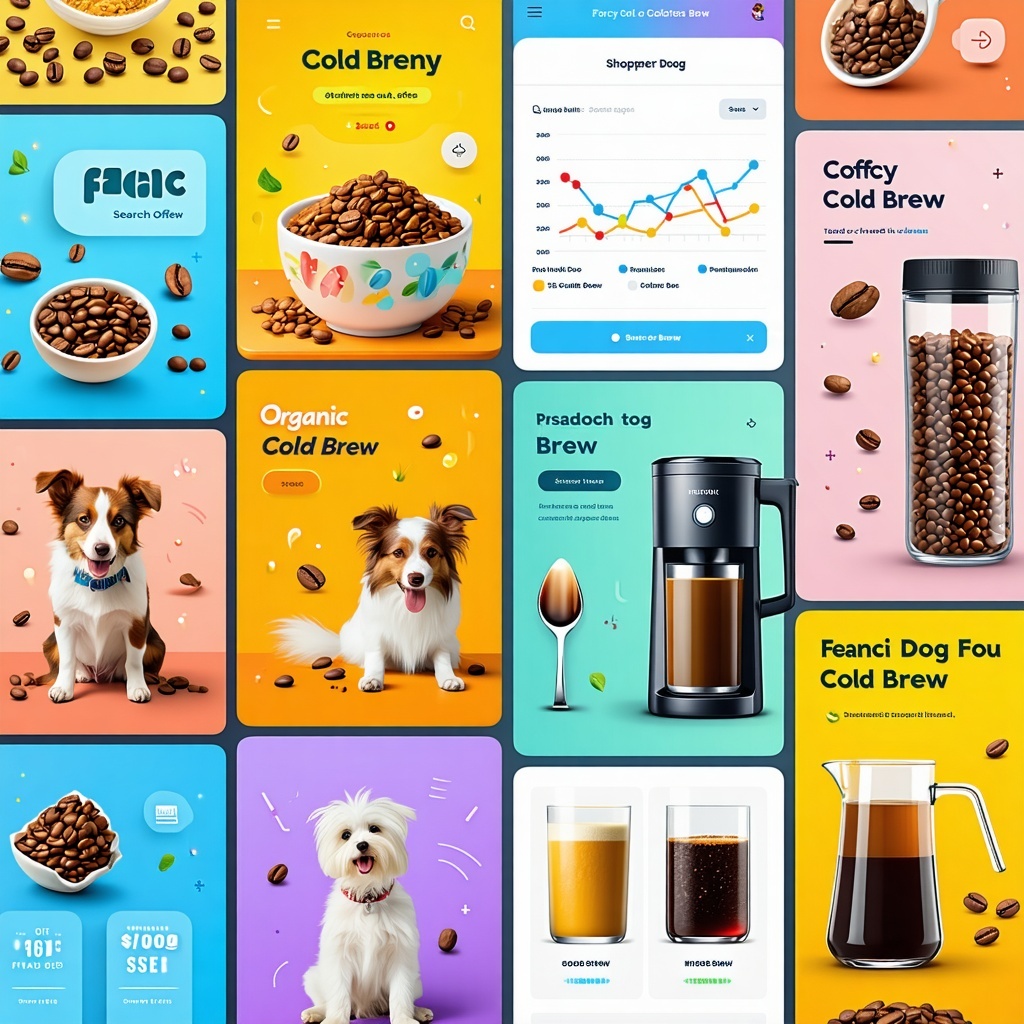SDKs: The Unsung Heroes (and Occasional Villains) of Your Mobile App - A Plain-English Guide
Ever used a mobile application and marveled at how smoothly you can log in with your Google account? Or how slick those in-app ads look (well, sometimes)? Or how you get those neat push notifications? Chances are, you've got an SDK to thank (or occasionally, to side-eye suspiciously).
But what in the tech-babel IS an SDK? Is it a secret society? A new type of energy drink for developers?
Not quite. Let's break down this three-letter acronym that plays a HUGE role in the mobile application world and, by extension, in your brand's digital presence if you have an app.
Decoding the Acronym: SDK = Software Development Kit
At its core, an SDK is a set of tools, libraries, code samples, documentation, and guides that developers can use to build software applications for a specific platform or to integrate specific functionality into their existing apps.
Think of it like this: if building a mobile application is like constructing a complex LEGO castle, an SDK is a pre-packaged LEGO kit for a specific part of that castle.
-
Want a drawbridge? There's an SDK for that (e.g., a social login SDK like "Sign in with Apple").
-
Need a cool catapult? There's an SDK for that (e.g., an advertising SDK from an ad network).
-
Want magical glowing windows? There's an SDK for that (e.g., an analytics SDK to track user behavior).
Instead of your developers having to build every single feature from scratch (which would take forever and cost a fortune), they can grab an SDK from a third-party provider (like Google for analytics, Facebook for login, or a payment provider for in-app purchases) and integrate its functionality relatively easily.
Why Should My Brand (Especially if We Have a Mobile Application) Care About SDKs?
"Okay, cool," you might say, "but I'm a marketer/brand manager, not a coder. Why is this my circus, why are these my monkeys?"
Great question! Here’s why SDKs matter to you:
-
Speed to Market: Using SDKs drastically speeds up the development process. Your app can get to market faster with more features because your team isn't reinventing the wheel for every common functionality.
-
Access to Powerful Features: Want to integrate sophisticated analytics, crash reporting, push notifications, in-app advertising, or seamless payment processing into your mobile application? There's an SDK for that, often provided by companies who specialize in that one thing.
-
Cost Savings: Faster development and not having to build complex features from the ground up generally means lower development costs.
-
Focus on Your Core Offering: By using SDKs for common or specialized functionality, your development team can focus on building what makes your app unique and valuable, rather than on building a basic login system.
-
Data Collection & Insights: Many SDKs, especially for analytics and advertising, are designed to collect data about user behavior. Understanding which SDKs are in your app can give you insights into what data is being gathered and how it can be leveraged (or what privacy implications it might have).
The Good, The Bad, and The Bloated: SDK Considerations
While SDKs are incredibly useful, they're not without their potential downsides. It's not always sunshine and pre-built LEGO castles:
-
The Good:
-
Faster development: As mentioned, a huge win.
-
Specialized functionality: Access to expert-built tools.
-
Reduced costs: Less in-house dev time for common features.
-
-
The Bad (Potential Pitfalls):
-
App Bloat: Each SDK adds to your app's size. Too many, and your mobile application can become slow and clunky, leading to poor performance.
-
Security Risks: If a third-party SDK has a vulnerability, it can become a backdoor into your app. Vet your SDKs carefully!
-
Privacy Concerns: SDKs (especially for advertising or analytics) collect data. You need to be aware of what data they're collecting, how it's being used, and ensure it complies with privacy regulations (GDPR, CCPA, etc.). This is crucial for maintaining user trust.
-
Update Nightmares: SDKs need to be updated. Sometimes these updates can break things or have compatibility issues with other SDKs or your app's code.
-
Performance Hits: A poorly written or overly aggressive SDK can drain battery, consume too much data, or slow down your app's performance.
-
The Bottom Line: SDKs Are Powerful Tools, Use Them Wisely
SDKs are fundamental building blocks of the modern mobile application ecosystem. They enable rapid development, provide powerful functionality, and can unlock valuable data insights.
For brands, understanding the role of SDKs means having more informed conversations with your development teams. It means asking questions about:
-
Which SDKs are we using and why?
-
What data are they collecting?
-
How are they impacting our app's performance and security?
SDKs aren't just tech jargon; they're strategic components that can significantly impact your app's success, your users' experience, and your brand's reputation. So, get to know your app's SDKs – they’re more important than you might think!
.png?width=400&height=122&name=Lockup-White%20(2).png)
.png?width=300&height=91&name=Lockup-White%20(2).png)
 By
By

